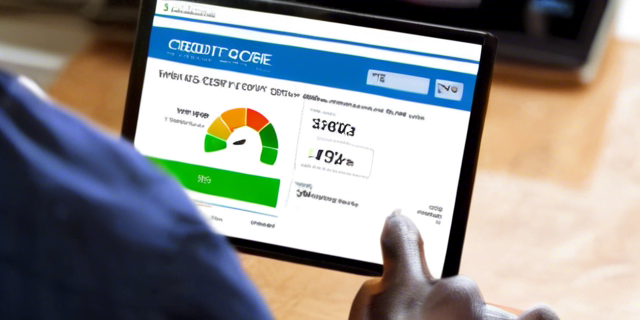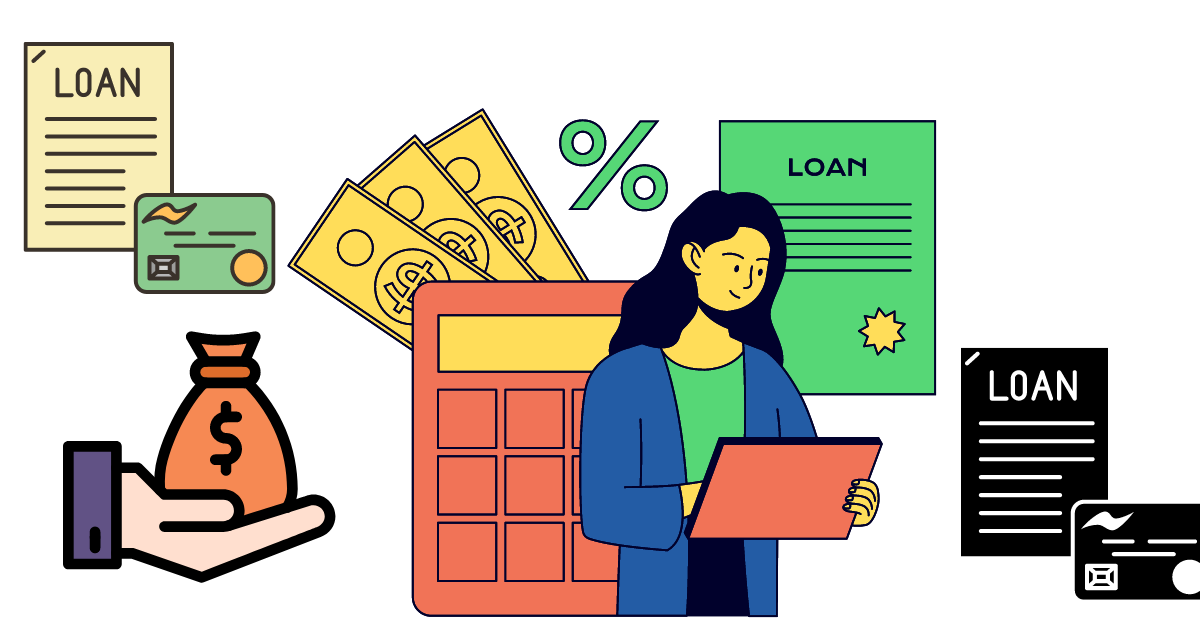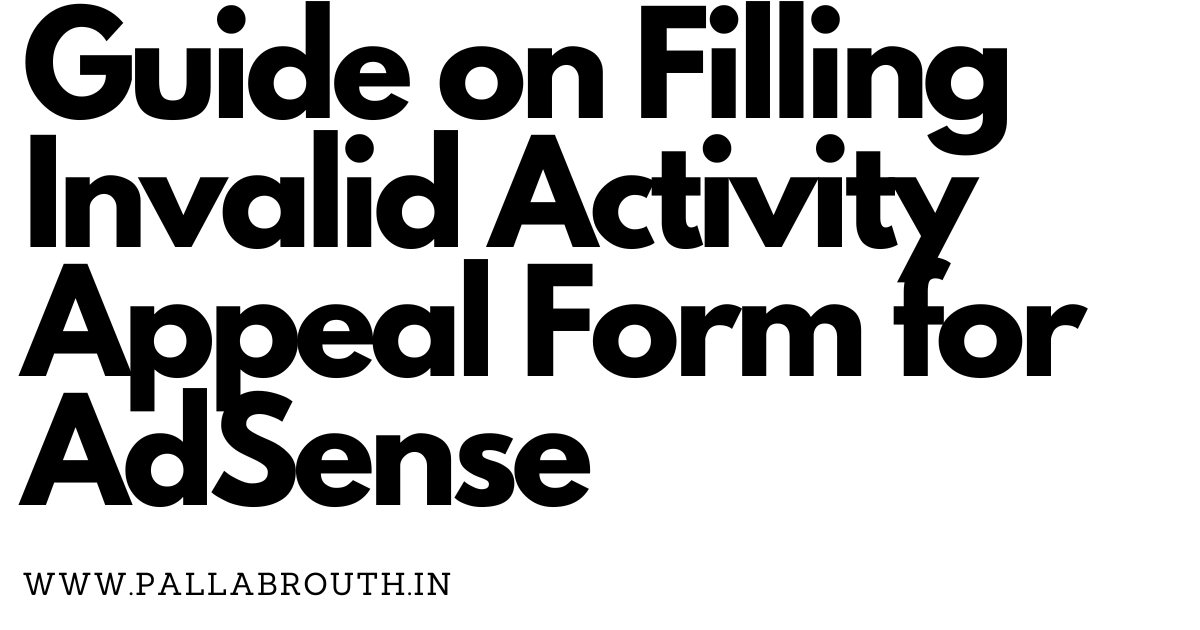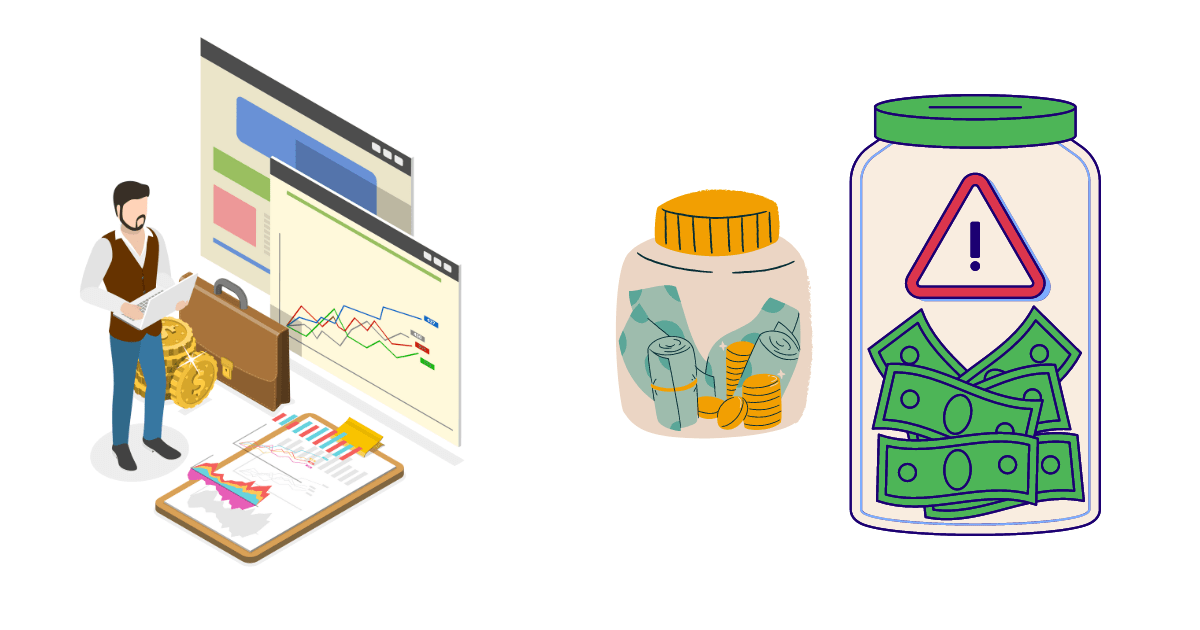Introduction
Ever wondered why your friendly neighborhood banker suddenly turns frosty when it’s time to talk loans? Chances are your credit score, specifically your CIBIL score, might be playing the spoilsport. In the world of finance, your CIBIL score is much like your report card in school – it reflects your creditworthiness and financial health. Before diving deep into the consequences of having a low CIBIL score, let’s understand what exactly a CIBIL score is. Simply put, the CIBIL score is a numeric expression, ranging between 300 and 900, that represents an individual’s credit history and repayment habits.
score closer to 900 is considered excellent, indicating higher creditworthiness, whereas a score around 300 is viewed unfavorably by lenders. Keeping a healthy CIBIL score is crucial not just for securing loans and credit cards, but it plays a significant role in the overall management of your financial health. Now, let’s shed some light on the ripple effects a low CIBIL score can have on your financial journey.
Understanding CIBIL Score
The CIBIL score, an imperative metric evaluated by the Credit Information Bureau (India) Limited, acts as a mirror reflecting one’s creditworthiness. Ranging from 300 to 900, this score encapsulates your financial behavior—how punctually you’ve repaid loans, managed credit card bills, and your overall debt handling. A score above 750 is generally considered excellent, promising easier loan approvals and favorable terms.
Understanding your CIBIL score isn’t just about knowing a number; it’s comprehending the narrative it tells about your financial habits. It’s a critical measure for lenders to assess the risk involved in lending you money. Therefore, maintaining a good CIBIL score is not just about financial integrity but also about ensuring that you have access to necessary financial tools when the need arises.
Consequences of Having a Low CIBIL Score
Navigating through the financial world with a low CIBIL score can be akin to sailing rough seas without a compass. The repercussions are multi-faceted, affecting not just your immediate ability to secure loans but your overall financial health and opportunities. Here, we delve into the tangible consequences a low score can bring.
Difficulty in Getting Loan Approvals
One of the most immediate and palpable consequences of a low CIBIL score is the sheer difficulty in getting loan approvals. Banks and financial institutions view a lower score as a hallmark of poor financial management or a history of defaults and missed payments. Consequently, applications for personal loans, home loans, or vehicle loans might be met with rejection or a tedious approval process fraught with additional scrutiny. For those dreaming of buying a home, a car, or maybe starting or expanding a business, a low CIBIL score acts as a significant barrier, often delaying plans or making them more costly than anticipated.
Higher Interest Rates
For individuals who manage to get past the loan approval stage with a low CIBIL score, the journey doesn’t get easier. Such borrowers are often subjected to higher interest rates compared to those with healthier scores. Lenders levy these elevated rates as a form of risk compensation; a low score indicates a higher risk of default, and the higher interest rates are intended to offset this risk. Consequently, loans become more expensive, the monthly repayments are higher, and the total interest paid over the loan period can be significantly more than that for someone with a strong credit score. This not only affects one’s current financial scenario but can also elongate the period of financial recovery or debt clearance.
Limited Access to Credit
A low CIBIL score doesn’t just affect loans but also impacts the broader spectrum of credit facilities available to an individual. Credit cards, for instance, might be harder to obtain, or the credit limit offered could be much lower than expected. Some might even find their existing credit card limits reduced or cards canceled by the issuers as a preventive measure against potential default. This limitation restricts financial flexibility, making it challenging to manage unexpected expenses or take advantage of financial opportunities that require immediate funding. Additionally, with limited access to credit, individuals find it hard to improve their CIBIL score, as responsible credit usage and timely repayments are key factors in enhancing one’s creditworthiness.
Impact on Financial Well-being
The consequences of a low CIBIL score extend beyond the immediate financial hurdles—it impacts one’s overall financial well-being and future prospects. The strain of dealing with high interest rates, loan rejections, and restricted credit access can lead to stress and anxiety, affecting personal life and mental health. Moreover, it hampers financial growth and the ability to accumulate wealth. Opportunities like investing in property or starting a business might become unattainable or delayed, affecting an individual’s ability to achieve financial milestones or secure their and their family’s future.
Moreover, the societal and psychological impact of a low CIBIL score cannot be overlooked. The stress associated with financial instability can strain relationships, affect professional performance, and reduce quality of life. The journey to improving a low CIBIL score requires discipline, patience, and a well-thought-out financial strategy, comprising timely debt repayments, prudent credit usage, and regular monitoring of one’s credit report for errors or discrepancies.
Understanding the importance of a healthy CIBIL score and the consequences of not maintaining it underlines the necessity of financial prudence. It emphasizes the need for individuals to stay informed, manage finances wisely, and make timely payments—a commitment not just to financial institutions but to one’s financial future and well-being. Navigating the financial world with a robust CIBIL score opens doors to favorable loan terms, better credit opportunities, and the peace of mind that comes with financial stability.
Ways to Improve Your CIBIL Score
Achieving a healthy financial status is akin to nurturing a plant; it demands attention, regular care, and the right strategies. If you’ve found yourself hindered by a low CIBIL score, it’s not the end of the road. There are effective tactics to enhance your creditworthiness, ensuring you are in a better position when applying for loans or credit in the future. Let’s delve into these methods that can help in elevating your CIBIL score.
Timely Payment of Bills
One of the simplest yet most effective strategies to improve your CIBIL score is by ensuring the punctual payment of all bills. This doesn’t just include credit card bills but also your utilities, phone bills, and any other recurring expenses. Late payments are often reported to credit bureaus and can significantly dent your credit score. Here’s why paying on time matters:
– Credit History: Payment history is a crucial factor in your credit score, accounting for a significant portion of it. Regular, timely payments contribute to a positive credit history, enhancing your score over time.
– Avoiding Penalties: Late payments can result in penalties and increased interest rates, adding to your financial burden. Keeping on top of your bills prevents these unnecessary expenses.
– Building Trust: Consistently meeting payment deadlines demonstrates to lenders that you are responsible and trustworthy, potentially leading to better loan terms in the future.
Consider automating your payments to ensure you never miss a due date. Most banks and service providers offer an auto-pay feature, which can be a lifesaver for staying on track.

Reduce Credit Utilization Ratio
Your Credit Utilization Ratio (CUR) is another vital factor influencing your CIBIL score. It represents the amount of credit you’re using compared to your total available credit limit. For instance, if your total credit limit across all credit cards is $10,000 and you’re using $4,000, your CUR is 40%. Here’s how you can work on lowering your CUR:
– Monitor Your Spending: Keeping a close eye on your credit card spending is crucial. Aim to use less than 30% of your total credit limit across all cards, as lower utilization is viewed favorably by credit bureaus.
– Request Higher Credit Limits: If you’re using your card responsibly, consider asking your credit card company for a higher credit limit. This can instantly lower your CUR without necessitating a cutback on your current spending.
– Multiple Cards, Balanced Use: If you have more than one credit card, try to balance the spending across cards to keep the CUR in check on each card.
Lowering your CUR can significantly boost your credit score, as it reflects your ability to manage credit wisely.
Regularly Check Your Credit Report
Errors and inaccuracies in credit reports aren’t unheard of and can unjustly lower your CIBIL score. Regular monitoring of your credit report allows you to catch and contest any mistakes, ensuring your score accurately reflects your credit behavior. Here’s why this step is crucial:
– Identify Errors: Sometimes, payments might not be correctly reported, or there could be fraudulent activities under your name affecting your score. Regular checks help in identifying these discrepancies early.
– Dispute Inaccuracies: Upon spotting any incorrect information, you can file a dispute with the credit bureau. They are obligated to investigate and rectify any verified errors within a stipulated timeframe.
– Understand Credit Factors: Reviewing your credit report routinely also helps in understanding the factors affecting your score. This insight allows you to make informed decisions on how to improve your credit health.
Every consumer is entitled to one free credit report from each of the major credit bureaus annually. Taking advantage of this provision can be a significant step towards improving your CIBIL score.
Improving your CIBIL score is a journey that requires commitment and patience. While overnight transformations are unrealistic, adopting these strategies and making them a part of your financial routine can gradually but surely steer your score in the right direction. Timely payments, managing your credit utilization, and keeping an eye on your credit report are fundamental practices that lay down the foundation for a healthy credit score. With a conscientious approach, you’ll not only see your CIBIL score improve but also open up new avenues for financial opportunities and advantages.
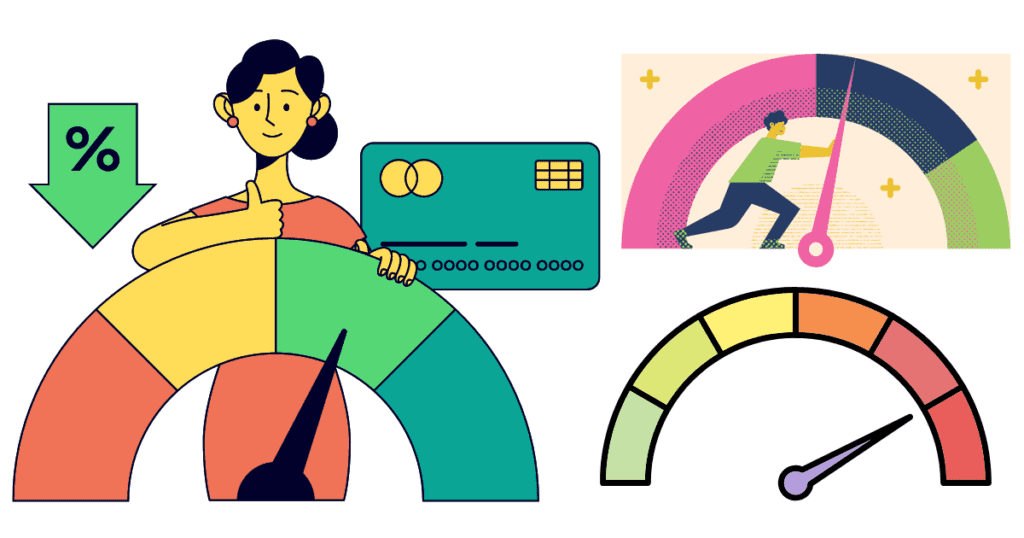
Conclusion
Navigating the world of finance can sometimes feel like a delicate dance, especially when it comes to managing your CIBIL or credit score. A less-than-stellar score may pose challenges, from steeper interest rates to the brush-off from lenders. However, the good news is, understanding the consequences of a low CIBIL score is the first step to turning things around. It’s all about:
– Being disciplined with credit and loan repayments
– Regularly monitoring your score to catch and contest any discrepancies
– And, diversifying your credit to show you can handle different types of credit responsibly.
With patience and smart financial practices, improving your CIBIL score is absolutely within reach, opening the door to better loan rates, approval chances, and overall financial health. Remember, your creditworthiness doesn’t just impact your ability to borrow; it’s a glimpse into your financial management skills for potential lenders. So, keep it in tip-top shape!

